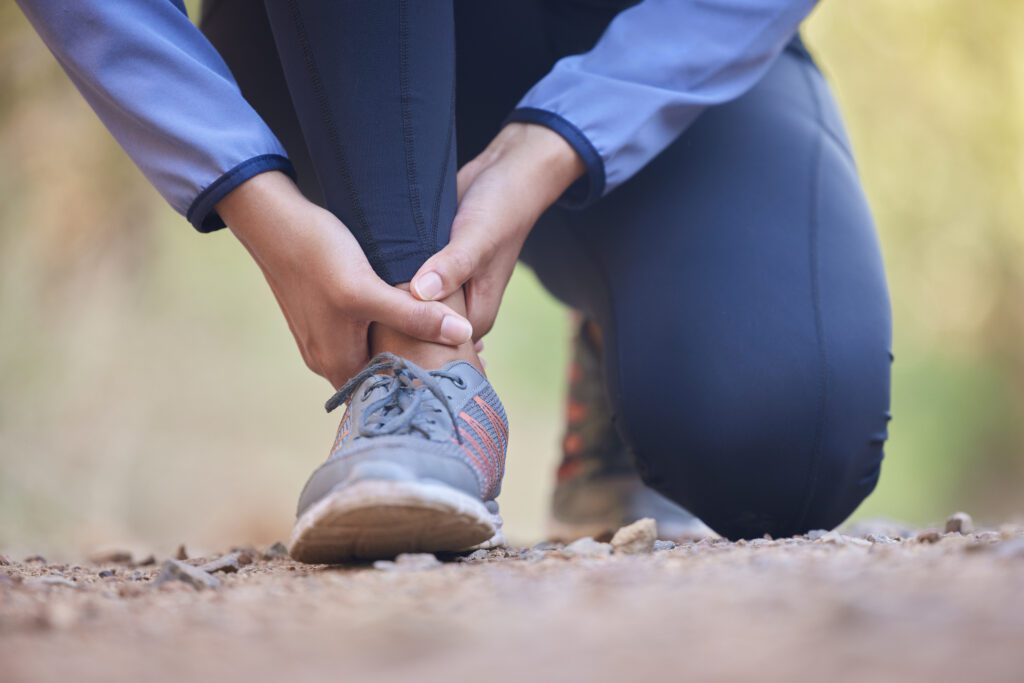As the seasons change and temperatures drop, dedicated runners often face unique challenges. Running in the fall and winter can be invigorating, but it also brings increased risks of injuries. In this comprehensive guide, we’ll explore common running injuries that occur during the colder months and provide valuable insights on injury prevention, tips for staying safe in cold weather, and guidance on what to do if you get injured while running. Whether you’re a seasoned runner or just starting, these tips will help you enjoy your runs safely.
Common Running Injuries in Fall and Winter: Running on icy or wet surfaces, wearing inadequate gear, and changes in running patterns can lead to specific injuries, such as sprained ankles, muscle strains, and tendonitis. Dr. Joseph M. Garcia, a board-certified expert in family medicine and primary care sports medicine at SLMA Comprehensive Health Clinic, emphasizes the importance of understanding these injuries. He states, “Preventing these injuries starts with knowledge. Recognizing the signs and symptoms is key.”
Preventing Running Injuries: Prevention is key. Dr. Garcia offers valuable advice on choosing the right footwear, maintaining proper running form, and adapting your training routine to the season to minimize injury risks. According to Dr. Garcia, “Proper footwear can significantly reduce the risk of injuries. Make sure your shoes provide the necessary support and traction for the season.”
Staying Safe in Cold Weather: Cold weather brings its own set of challenges. Dr. Garcia suggests runners should be well-prepared. He advises on layering clothing, stayinghydrated, and recognizing signs of hypothermia or frostbite. “Cold weather running can be exhilarating, but it’s essential to be cautious,” Dr. Garcia explains. “Stay hydrated, wear moisture-wicking layers, and pay attention to your body’s signals.”
What to Do if You Get Injured: Sometimes, despite precautions, injuries happen. Dr. Garcia recommends immediate action in case of injury. “First, stop running and assess the injury. Apply R.I.C.E. (Rest, Ice, Compression, Elevation) if needed. If the pain persists, seek professional medical advice. Don’t ignore your body’s signals.”
By following these guidelines and heeding the advice of experts like Dr. Joseph M. Garcia, you can enjoy the beauty of fall and winter while reducing the risk of injuries. Your health and safety are paramount. For more information and personalized advice, don’t hesitate to call SLMA Comprehensive Health Clinic at 985-262-1639.


